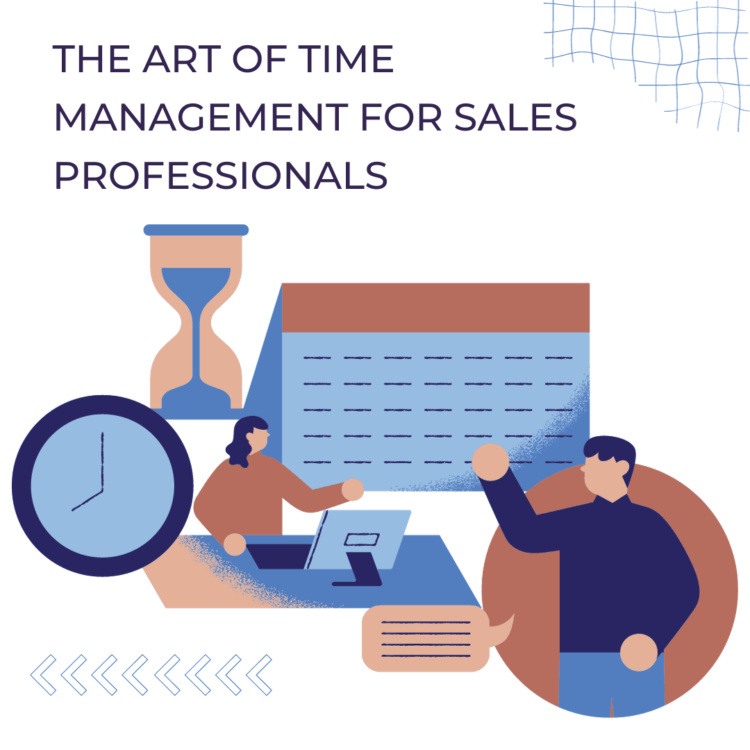In the fast-paced world of sales, time is money. Sales professionals operate in an environment where every moment counts, and effective time management is the key to success. The ability to prioritize tasks, streamline processes, and focus on high-impact activities can make the difference between meeting and exceeding sales targets or falling behind. In this blog, we’ll explore the art of time management for sales professionals, offering valuable insights and strategies to help them maximize productivity and achieve stellar results.
Set Clear Goals and Prioritize:
The first step in effective time management is setting clear goals. Sales professionals should have a crystal-clear understanding of their short-term and long-term objectives. By defining specific, measurable, achievable, relevant, and time-bound (SMART) goals, individuals can create a roadmap for their activities.
Once goals are established, it’s crucial to prioritize tasks. Not all tasks are created equal, and some activities contribute more directly to sales success. By identifying high-priority tasks, sales professionals can allocate their time and energy to activities that have the most significant impact on their bottom line.
Embrace Technology Tools:
Sales professionals have a wealth of technological tools at their disposal to enhance efficiency. Customer Relationship Management (CRM) systems, task management apps, and calendar tools can be invaluable in organizing and prioritizing daily activities. Automation tools can streamline repetitive tasks, freeing up time for more strategic and client-focused activities.
Additionally, leveraging data analytics and reporting tools can provide insights into sales trends and customer behaviors, enabling sales professionals to make informed decisions about where to invest their time and efforts.
Time Blocking and Batch Processing:
Time blocking involves dedicating specific blocks of time to particular activities. Sales professionals can allocate specific time slots for prospecting, client meetings, follow-ups, and administrative tasks. This helps create a structured schedule, minimizing distractions and increasing focus on specific tasks during designated periods.
Batch processing is another effective technique that involves grouping similar tasks together and completing them in a single batch. This approach helps minimize the mental effort required to switch between different types of tasks, improving overall efficiency.
Learn to Say No:
Continuous Learning and Improvement:
The business landscape is dynamic, and sales professionals must stay updated on industry trends, customer preferences, and emerging technologies. Continuous learning not only enhances professional growth but also ensures that time and efforts are aligned with current market demands.
Investing time in personal and professional development can pay dividends in the long run. Whether through industry conferences, online courses, or networking events, sales professionals should actively seek opportunities to stay ahead of the curve.










No Comments
Leave Comment